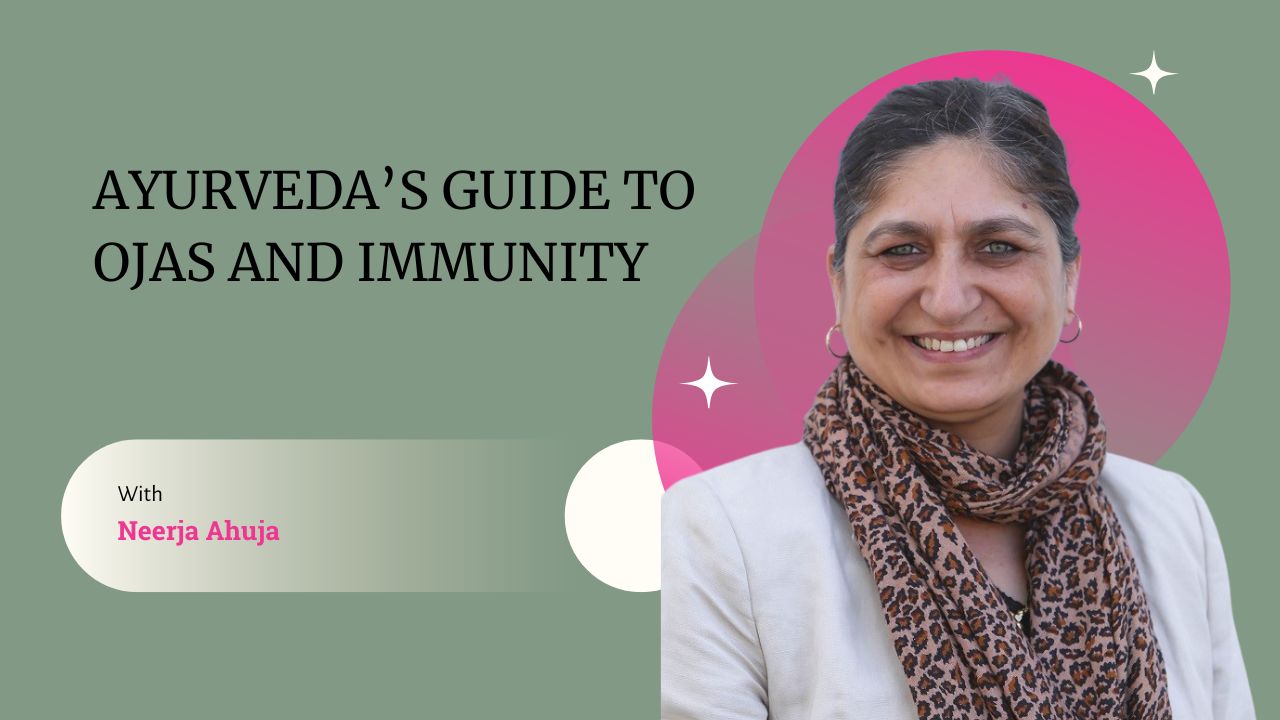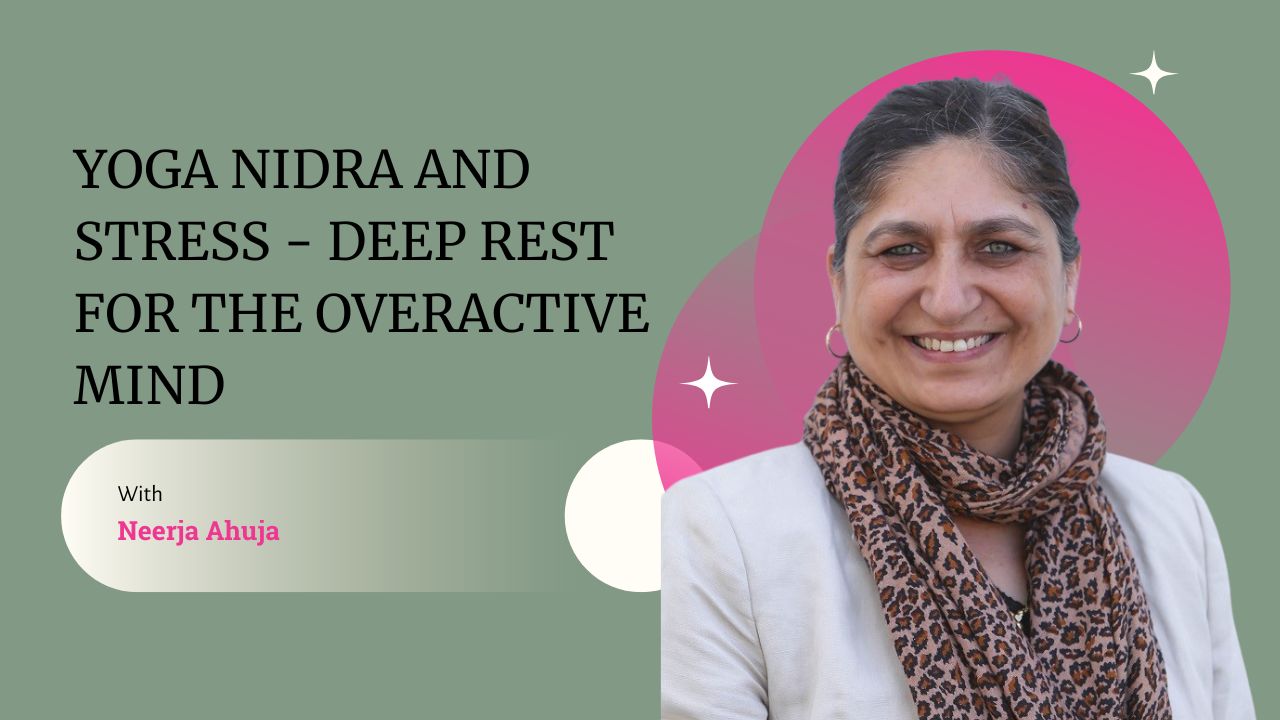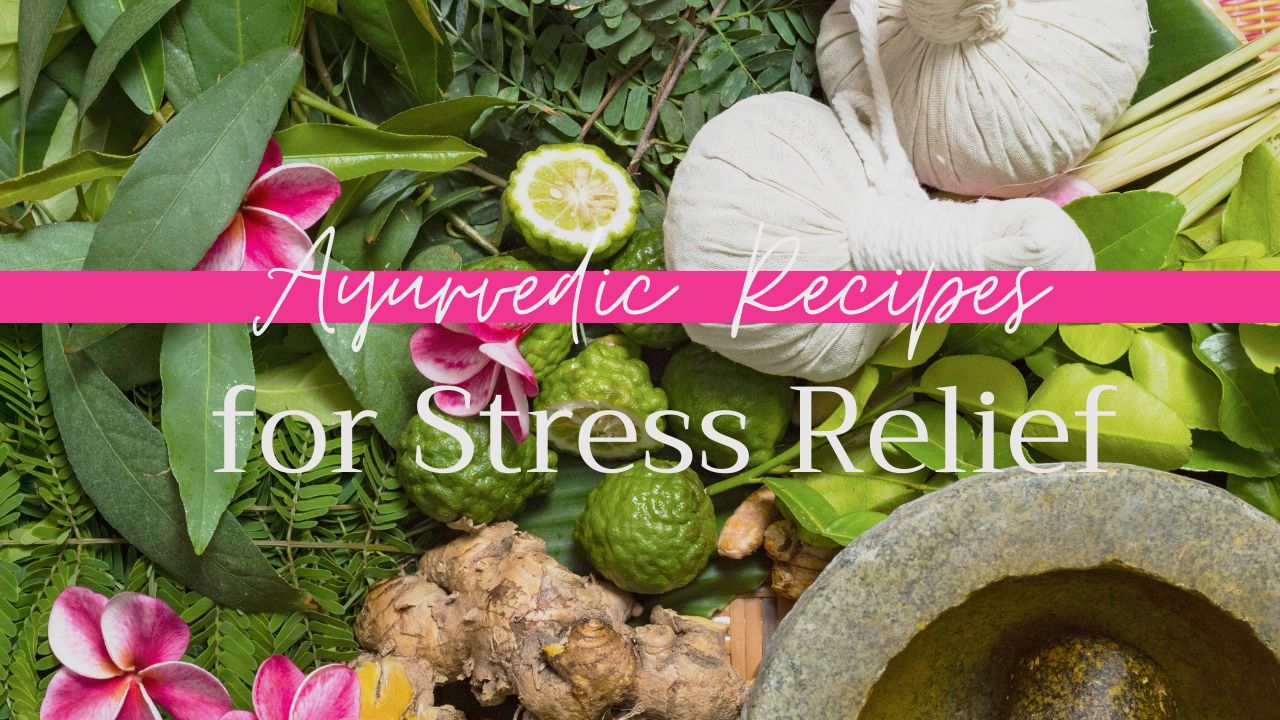Much worse than fatigue, burnout is a state of exhaustion that can zap the joy out of your career, friendships, and family interactions. Continuous exposure to stressful situations like working long hours, or seeing upsetting news related to politics, can lead to this stress condition.
Burnout, however, isn’t always easy to identify.
According to the International Classification of Diseases and the World Health Organisation (WHO), “Burnout” is an occupational phenomenon. It is not categorised as a medical condition, instead, referred to as “Factors influencing health status or contact with health services”. It includes causes for which people seek medical attention but are not considered illnesses or disorders. It might sound a little too complicated, but the conditions faced by an individual during burnout are severe and overwhelming.
The definition is as follows:
“Chronic working stress that has not been effectively managed is thought to be the cause of the syndrome known as burnout.”
Three dimensions can be used to describe it:
-
- Reduced professional productiveness,
-
- Increase in mental distance from one’s job, or emotions of pessimism or cynicism about one’s employment
- Symptoms of energy depletion or tiredness.
Simon cherished his job when he first joined his company. He had a strong sense of purpose and enthusiasm for his profession and was enthusiastic about the impact his new position would allow him to have. However, only a few years later, his efforts seemed pointless to him. After spending years in college receiving the specialised training needed to perform the type of work, he conducts but couldn’t concentrate anymore as he started experiencing stress, despair, and frequent illnesses.
Do you recognise this situation? Does it interfere with your sense of well-being?
Burnout may be possible if ongoing stress leaves you hopeless, gloomy, cynical, and entirely consumed. You would likely recognise this long before anybody else labels you as such. Burnout can also put your job, relationships, and health in danger since it causes discontent and apathy.
What causes burnout?
Extreme and ongoing stress can lead to burnout and physical, mental, and emotional weariness. It happens when you’re mentally and emotionally exhausted and unable to cope with the challenges of daily life. As the stress mounts, you lose the enthusiasm and purpose that once motivated you to choose a specific role. Your energy and productivity are both affected. Hence, physical and emotional fatigue is a state of burnout.
What are the symptoms and indications?
Most of us experience days when we feel hopeless, overwhelmed, or unappreciated—days when it takes a lot of resolve and willpower to get out of bed. However, you can be burned out if you experience this most of the time.
Did you know burnout happens gradually?
At first, the symptoms are mild, but they progressively get worse. You should pay close attention because your body is trying to tell you something if you frequently feel exhausted, your immunity declines, you get sick more often, your appetite or sleeping patterns change, you lack motivation, you feel helpless, you get triggered quickly by little things, or you feel stressed out all the time. You may be experiencing both emotional overwork and undervaluation. And if you discover that you need “emotional eating,” alcohol, cigarettes, or any other things to cope with life, and if you have started to withdraw from duties or isolate yourself, then you do need to make a change.
Remember: If you experience some of these things in your life and sense that “something is off,” you should actively endeavour to lessen your stress so that you might perhaps avoid a severe breakdown.
Prevention is better than cure.
Support yourself
Your attitude and energy levels throughout the day can be significantly influenced by what you put into your body. According to Ayurveda, we can classify our meals and activities as tamasic (giving lethargy and dullness to the mind), rajasic (causing agitation to the mind), or sattvic (bringing peace and stability). Consider what you eat and the energy or frame of mind it brings. Consider processed foods, sugary snacks, coffee, alcohol, nicotine, preservatives, and anything that produces unnecessary hormones in our bodies.
There needs to be more research on how everything, like processed foods, affects our physical and mental health. So is the case of burnout, which has no natural cure. It can get even worse if you don’t deal with the root causes, as it takes time to recover from burnout. For a full recovery, you will need a lot of time and space to reflect on and reevaluate your life while making significant adjustments to your nutrition, exercise routine, way of life, view on life, likely profession, personal objectives, and more.
Ayurvedic approach to stress and burnout management
One of the conventional medical systems that emphasise customised wellness in addition to holistic concepts is Ayurveda. Ayurveda is a person-centred medicine (PCM) that focuses on maintaining and promoting good health and diagnosing, preventing, and treating disease. Ayurvedic remedies are often tailored particularly to each individual based on their body type (prakruti) and any imbalances they may be experiencing (vikruti). Therefore, they are modified based on the person’s diet, lifestyle, physical and emotional well-being, and other symptoms and indicators. Numerous remedies and advice are provided in Ayurveda to alleviate stress-related ailments.
Some of the recommendations might be:
-
- Diet and lifestyle changes: A practitioner may offer personalised lifestyle and dietary recommendations to help you eat well and develop your physical strength. There are suggested foods for an individual to favour and foods to avoid. An individual’s physical and emotional state dictates which herbs to use. In addition to treating the client’s stress-related symptoms, we consider a patient’s entire condition when treating them. It might also entail offering them lifestyle guidance based on their requirements.
-
- Performing proper massages: Snehana massages are performed on the muscles and joints to calm them using special herbal oils. Appropriate procedures include shirodhara with herbal oil, kati basti, and herbal steam. We offer various courses, and the most suitable one is suggested based on individual experiences.
-
- Improving mental health: Including pranayama, yoga, and meditation in your daily routine may help you cope with stress and high blood pressure. It increases your resilience and vigour on both physical and mental levels.
- Improving mental health: Including pranayama, yoga, and meditation in your daily routine may help you cope with stress and high blood pressure. It increases your resilience and vigour on both physical and mental levels.
Heart: The centre of life: A brief introduction to Ojas
According to Ayurveda, the heart is where the physical body and consciousness converge. Ojas serves as a bridge connecting the two of them. The physical body receives consciousness through the Ojas channel. We may go into more detail about the concept of “Ojas” in a different blog. But in this case, it’s enough to mention that the feeling of burnout or even tension is because we somehow disregarded the heart and allowed our head to control us too much. When our head, heart, and hands (as well as our behaviour) align, we remain healthy and peaceful. Since the heart always prevails in the end, acting from the mind while misaligning with the heart will not result in a positive internal energy flow. And as a result, stress and burnout will arise from this latent resistance, beginning to manifest as negative emotions. Therefore, mental health will unavoidably be a part of our health strategy to combat stress and burnout.
Takeaway!
At Ayurveda Awareness Centre, we believe just like our physical bodies need to be nourished and exercised, so does our mind.
We know we live in a world that wants us to be, or at least look busy all the time, to be top-performing multi-tasker. Start enhancing your brain power with Ayurveda with our course “Health and Wellness with Ayurveda“, and you’ll see you’re doing one thing at a time.
This 7-week live course explores different aspects of life, i.e., diet and nutrition, lifestyle and routines, thoughts and feelings, internal values and mindset, and our relationships, as they all contribute to keeping us healthy. You can connect online, learn and discuss more here.
If you want to connect with AAC, you can start small, take one step at a time, and get in touch with us today!



